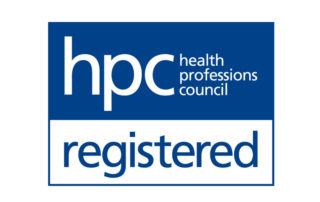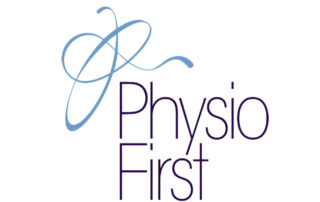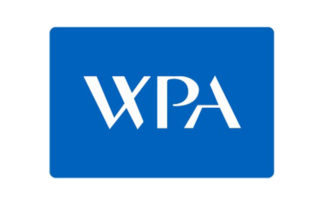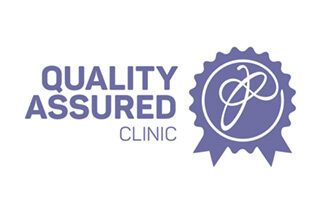Women’s Health
Women’s health physiotherapy includes the treatment of female urinary incontinence. This is a surprisingly common problem affecting 20% of women over 40.
Physiotherapy can really help!
One of the main causes of incontinence is weak pelvic floor muscles. If your incontinence is due to a weak pelvic floor, try physiotherapy first to strengthen these muscles before considering an operation or the use of pads for a “sensitive bladder”.
Research has shown that pelvic floor muscle training is cheaper and more effective than one of the main incontinence drugs, and intensive pelvic floor exercises is more effective than surgery.
Bethan Cannon has done a post graduate course in the treatment of female urinary incontinence and will treat you in a private room.
She will spend time listening to your concerns and then assess you. She will then explain the findings and offer treatment.
She will:
- Teach you how to use your pelvic floor muscles correctly
- Show you exercises to strengthen them
- Give you advice on what and how much to drink
- Discuss possible lifestyle changes which will help you manage the problem
For a thorough assessment and treatment just book via the website for a Women’s Health appointment with Bethan Cannon.

We’re registered
We no longer accept Bupa patients





